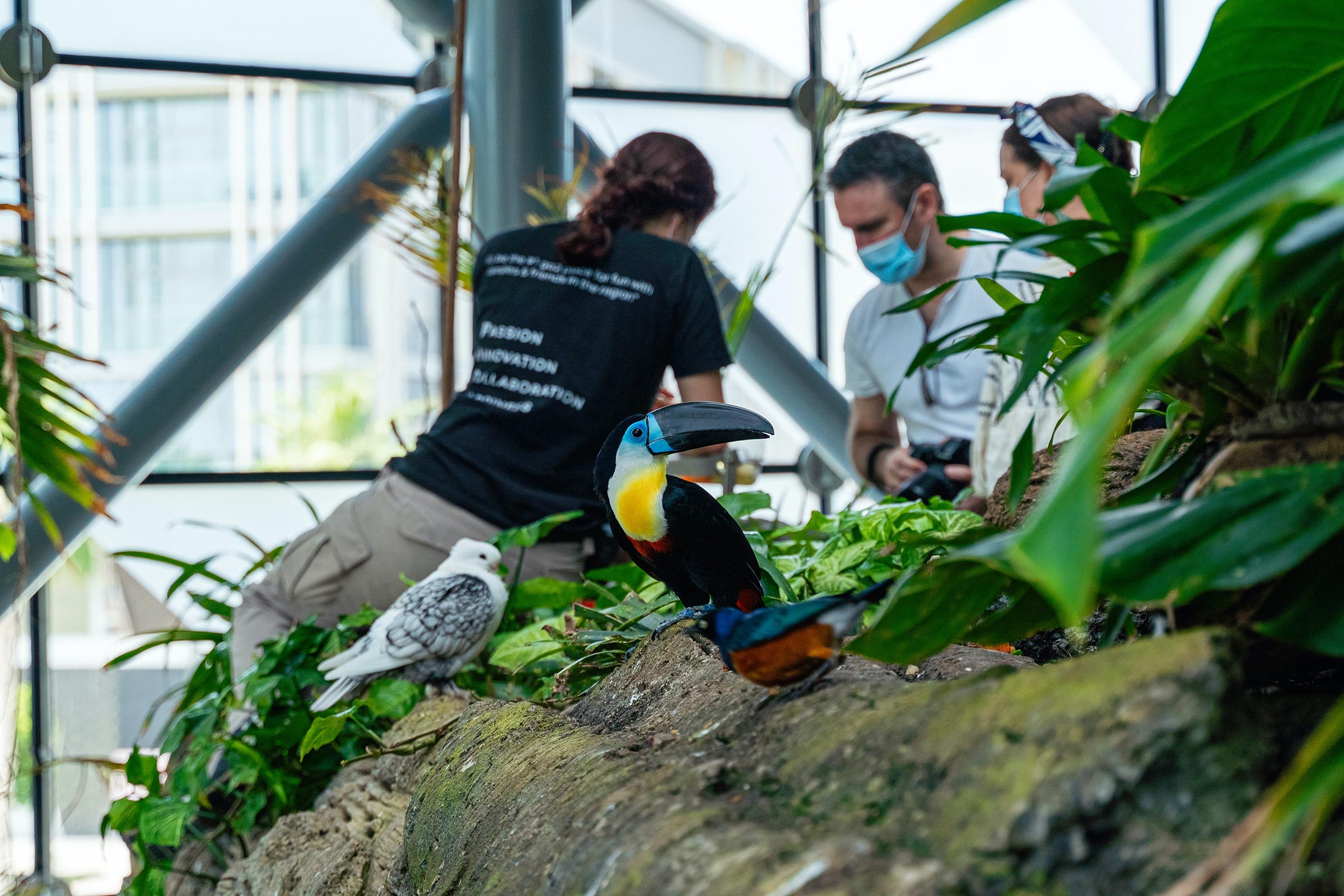How It Works Going Green Is Easy follow 4 steps
Remember that finding the right green innovators may take time and persistence. It’s essential to foster relationships, clearly communicate your goals and needs, and provide support or resources that can help innovators bring their ideas to fruition. Building strong partnerships with innovators is key to driving sustainable agriculture initiatives forward.
1. Define Your Goals and Needs:
2. Network and Collaborate
3. Utilize Online Resources:
4. Engage in Partnerships and Competitions

Harvesting Sustainability: The Transformative Power of Green Innovators in Agriculture
Sustainable agriculture thrives when innovative solutions from “green innovators” are introduced and embraced. Here’s how these innovators contribute to the success of sustainable agriculture:
Precision Agriculture
Yes, sustainable agriculture can integrate modern technology and innovation, such as precision agriculture, IoT devices, and data analytics, to enhance resource efficiency and reduce environmental impacts.
Turnkey digital farming projects
Green Solvents, Green Adjuvants and Safeners for Pesticide Industry

Immediate Returns

Immediate Returns
The implementation of our turnkey digital solutions yields immediate returns for farmers:
- Increased Productivity: Smart farms consistently achieve higher yields due to optimized resource management and data-driven decision-making.
- Cost Savings: Reduced water and chemical usage, labor optimization, and minimized waste translate into significant cost savings.
- Enhanced Sustainability: Precision farming practices and reduced resource waste contribute to a more sustainable and environmentally friendly agriculture industry.
- Risk Mitigation: Early detection of issues such as crop diseases and pest infestations allows for timely intervention, minimizing potential losses.
- Improved Quality: Consistent monitoring and management lead to higher crop quality, which often commands premium prices in the market.
Turning Fields into Smart Farms: Our Turnkey Digital Solutions”.
The future of agriculture is digital. With the world’s population growing and the need for sustainable, efficient farming practices becoming paramount, the agriculture industry is undergoing a profound transformation. Smart farms, equipped with cutting-edge technology and data-driven solutions, are leading the way in addressing these challenges. In this article, we introduce our turnkey digital solutions that are revolutionizing agriculture, delivering immediate returns to farmers.
e market.
FAQ
What is sustainable agriculture?
Why is sustainable agriculture important?
What are the key principles of sustainable agriculture?
How does sustainable agriculture reduce environmental impact?
What are some examples of sustainable agriculture techniques?
Can sustainable agriculture be economically viable for farmers?
How does sustainable agriculture contribute to food security?
Does sustainable agriculture support small-scale farmers?
What role do consumers play in promoting sustainable agriculture?
What role do consumers play in promoting sustainable agriculture?
Clean. Renewable. Efficient.
Submit your project needs and see whether greenovations takes you up as a client


